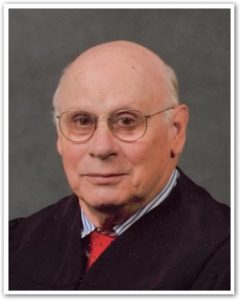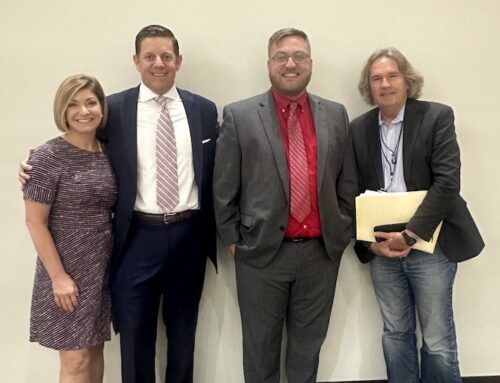Appeals court rules economic development organization subject to public records, open meetings law
In a win for a group of citizens in East Tennessee, the Court of Appeals in Knoxville ruled this week that a nonprofit economic development organization in Jefferson County is subject to the state’s public records and open meetings laws.
The court held in Oliver Wood et al. v. Jefferson County Economic Development Oversight Committee, Inc., that the nonprofit organization, which has received between 60 percent to 68 percent of its budget from local governments each year, is the functional equivalent of a government entity and subject to the Tennessee Public Records Act.
The court also ruled that because EDOC has a significant role in making decisions and recommendations to local government entities “of enormous economic importance to the people of Jefferson County,” it is subject to the Tennessee Open Meetings Act.
The court’s ruling reverses a decision by Judge Don R. Ash.
“We find and hold that the undisputed facts establish that EDOC performs a governmental function, receives a substantial amount of taxpayer funding, and is significantly involved with and regulated by the governing city and county legislative bodies,” the court said in an opinion delivered by Judge Charles Susano, Jr. “In light of our duty to broadly construe and interpret the Public Records and Open Meetings Acts in favor of governmental transparency and accountability, we hold that the EDOC is subject to these acts.”
Judge D. Michael Swiney and Judge Steven Stafford joined in the opinion.
In finding that the EDOC was subject to the open records laws, the court examined the organization’s structure and activities using four factors outlined in 2002 by the Tennessee Supreme Court in Memphis Publishing Co. v. Cherokee Children & Family Services, Inc. That case established in Tennessee that a private entity whose “relationship with the government is so extensive that the entity serves as the functional equivalent of a governmental agency” was still subject to accountability created by public oversight through the open records laws.
The four factors include:
- Whether and to what extent the entity performs a governmental function;
- The level of government funding of the entity;
- The extent of government involvement with, regulation of, or control over the entity; and
- Whether the entity was created by an act of the legislature or previously determined by to be open to public access.
The court found that EDOC performs a governmental or public function and that it receives more than a quarter of a million dollars in public funds per year to carry out its duties.
EDOC argued that it could not be considered as performing a government function because it cannot make policies or decisions that bind a public agency. It argued that it routinely makes recommendations to the county commission, but the commission is free to accept, modify or reject them.
However, the court said that the functional equivalent analysis does not depend on a single factor and that previous court rulings have not established a requirement that an entity “must make binding decisions in order to be held the functional equivalent of a government agency.”
The court also examined the relationship between EDOC and the local government entities, reviewing testimony about the process in which the Jefferson County Commission voted in February 2013 to allocate $442,311 for the initial phases of a megasite development project.
Dandrige Mayor George Gantte had testified in the bench trial that by the time an announcement was made to landowners whose property would be impacted by the development in January 2013, the EDOC “had already decided those things and was making specific recommendations to the county commission.”
Plaintiff Steve Hammer, who was present at the February 2013 commission meeting, testified that “[t]here was no discussion. It was dictated … I saw a vote that passed with no questions, no discussion.”
The court also considered testimony that showed how EDOC worked behind the scenes to get the public funding of the megasite.
“The testimony of various public officials … establishes that EDOC played a significant role in promoting the megasite development, which was described as one of the most important economic decisions ever made by the county and which involved a large expenditure of public funds,” the court said.
D. Scott Hurley and Ryan N. Shamblin of Knoxville represented the plaintiffs in the case.





